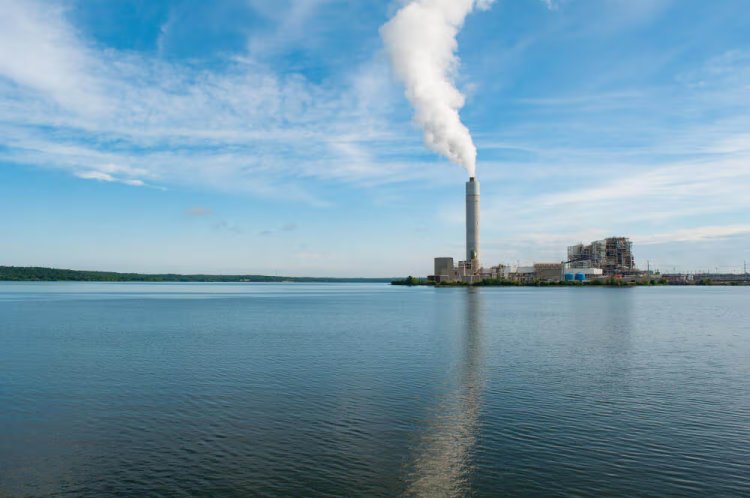UK Firms Responsible for Nearly 89% of Emissions Overseas: Report
A report by the University of Exeter and J O Hambro Capital Management finds that 88.7% of UK corporate emissions are generated abroad. The study highlights emissions projections up to 2050 and warns of a costly transition if climate action is delayed.

In a latest report by J O Hambro Capital Management and the University of Exeter, it is found that British firms release about 88.7% of their greenhouse gas emissions overseas, primarily through foreign supply chains and foreign operations. The data present the pressing need for more action on climate objectives beyond home borders.
The research included 347 businesses in 20 sectors, representing 89% of the UK stock market. The research employed Horizon, a novel emissions forecasting model, to monitor and forecast carbon emissions from 2025 to 2050. Scope 1 and Scope 2 emissions—direct and energy-related indirect emissions—were the Scope of the research, not including Scope 3 emissions, which, though underreported, cover the majority of the majority of companies' carbon footprint.
The results reveal that UK company emissions will continue to rise until about 2032 before drastically declining—from 350 million tonnes of CO₂ equivalent to about 115 million tonnes by 2050. Decreases are estimated for cuts, but they are not enough to achieve the 1.5°C global warming goal under the Paris Agreement. Unless this aspiration is achieved, the UK might experience a disorderly low-carbon transition with higher long-term costs, economic risk, and environmental harm.
Three sectors—Energy Minerals, Process Industries, and Transportation—are emphasized in the report as the leading cause of total UK corporate emissions. These sectors emit some 88% of emissions, again supporting the necessity of targeted regulation and innovation in these sectors.
At home, the UK has come a long way in reducing emissions, having slashed its countrywide production by nearly 50% since 1990. Much of this is thanks to the integration of renewable energy, which now provides half of the country's electricity. Sadly, this goes unmentioned in UK businesses' global activities, where emissions continue to rise, contrary to global climate efforts.
One of the widest gaps the report identifies is that there is a lack of adequate Scope 3 emissions data. They are indirect emissions encompassing all upstream supply chain activity, through to end use and disposal of the product downstream. They're usually the biggest portion of total corporate emissions but are not yet accurately measured or controlled, so overall evaluation of a firm's environmental impact is more difficult.
The report further says that inaction on climate mitigation will raise future action costs. Delay may lead to unforeseen and drastic changes in business models, infrastructure, and investment, which would cause economic shocks. Action at an early stage on green technologies and transition strategy, on the other hand, can prevent risks, reduce future costs, and give rise to new opportunities for growth and stakeholder engagement.
The Horizon model employed within the report gives detailed projections that are capable of enabling companies to strategize long-term viability and complement global climate goals. It presents a foresightful perspective on emission trends and challenges companies to invest early in environmentally friendly solutions before outside forces enact more drastic and costly measures.
With the deteriorating global climate crisis, the report demands stronger policies and transparent reporting frameworks like Scope 3 emissions. It also demands for aligning global business activities with domestic climate targets in order to attain overall sustainability.
Source: University of Exeter
What's Your Reaction?

















